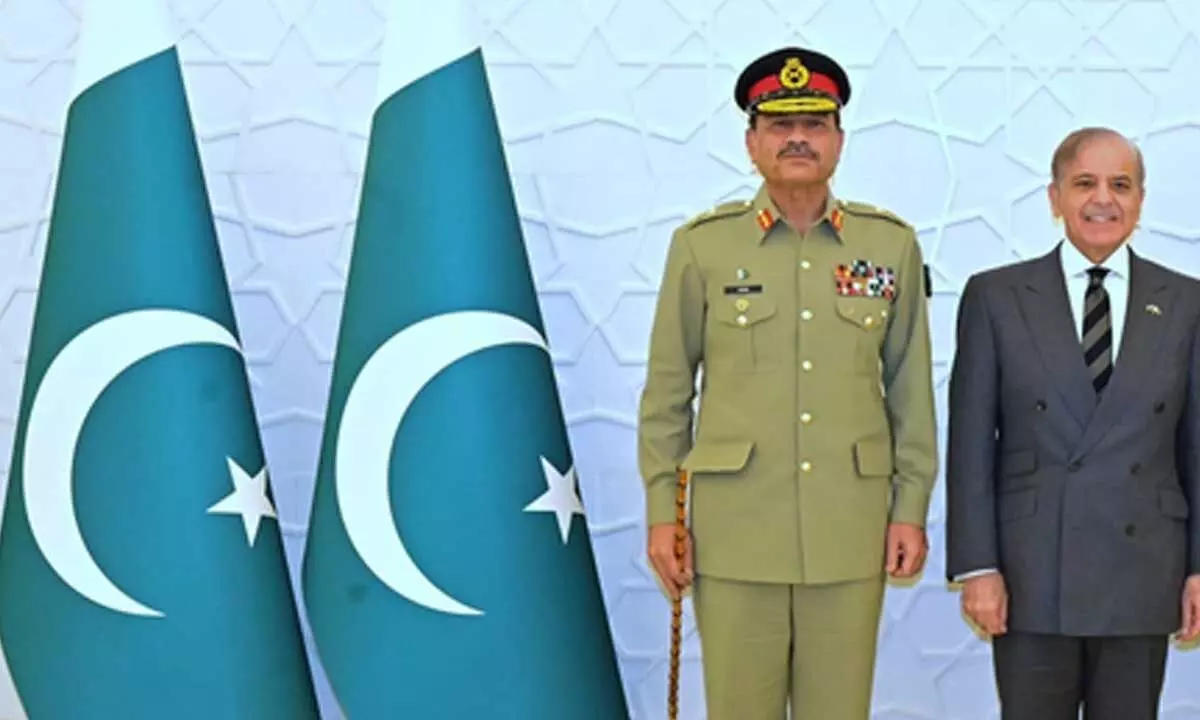
The new Chinese ambassador to the UK has been barred from parliament by the Speakers in the Commons and Lords after the imposition of sanctions on British MPs by Beijing.
The new ambassador, Zheng Zeguang, was due to attend a meeting of the broadly pro-Chinese all-party group on China, but after a letter from MPs who were subjected to sanctions by China, including the former Conservative party leader Iain Duncan Smith, the Commons Speaker, Lindsay Hoyle, has said the meeting is not appropriate.
A similar decision has been endorsed by the Lords Speaker, John McFall.
Hoyle met a group of the MPs targeted by China last week and afterwards in a letter they urged him to consider “the implications of the visit for all parliamentarians who need to be able to speak out as part of their duties in the democratic system we all cherish”.
They urged him to ban the ambassador from the parliamentary estate until the sanctions are lifted.
It is understood that the Speaker sought the advice of the foreign secretary, Dominic Raab, but the Foreign, Commonwealth and Development Office said the decision was a matter for the Speaker, and not the government.
Hoyle said he was not banning the Chinese ambassador permanently, but only while the sanctions existed. China says it imposed sanctions on MPs and academics in March after the UK government imposed sanctions on Chinese officials that it had identified as responsible for the suppression of the rights of the Uyghur people in Xinjiang.
In a statement, Lord McFall said: “The Speakers of both houses are in agreement that this particular all-party parliamentary group China meeting should take place elsewhere considering the current sanctions against members including two members of the Lords.”
The Chinese embassy in London described the postponement of the meeting as a “despicable and cowardly” act.
In a statement, the embassy said the sanctions imposed by the Chinese side in March “are beyond reproach because they are justified responses to the unilateral sanctions imposed by the British side on relevant Chinese individuals and entities based on disinformation and under the pretext of so-called human rights abuse in Xinjiang.
“Relations between states must be based on the principles of mutual respect, equality and non-interference in each others’ internal affairs. The Chinese side has always been resolute in responding to, and would never tolerate, any attempt at harming China’s core interests.
“The despicable and cowardly action of certain individuals of the UK parliament to obstruct normal exchanges and cooperation between China and the UK for personal political gains is against the wishes, and harmful to the interests of, the peoples of both countries.”
The move comes at a sensitive time in UK-China relations as the UK seeks China’s endorsement of ambitious carbon dioxide-reduction targets at the UK-chaired Cop26 climate conference in Glasgow.
At the time the British MPs were targeted the Speaker told MPs: “Members of this house have faced sanctions by China for speaking out against the human rights violations of the Uyghur people. This is completely unacceptable. Members of this house must be able to speak out fiercely on important national and international issues.”
In their letter, the MPs argued: “The Chinese government has so far made no attempt to reverse the sanctions, which are a tool to criminalise individuals and limit their freedom internationally. Indeed the Chinese government has taken steps to give legal force to the sanctions rendering us potentially vulnerable to prosecution by the Chinese authorities.”
The letter was signed by Duncan Smith, Tim Loughton, Nusrat Ghani and the chair of the foreign affairs select committee, Tom Tugendhat.
They said it was unthinkable for the prime representative of the Chinese government to be free to come to Westminster and to use its facilities as a mouthpiece for his regime. They suggested the meeting of the all-party group could go ahead at the Chinese embassy if necessary.






